University of Sydney boss Mark Scott ‘arrogant and condescending’ to Jewish leaders over campus anti-Semitism
University of Sydney vice-chancellor Mark Scott allegedly behaved in a ‘dismissive’ way – for which his chief of staff later apologised – towards Jewish leaders in a meeting to discuss campus anti-Semitism.
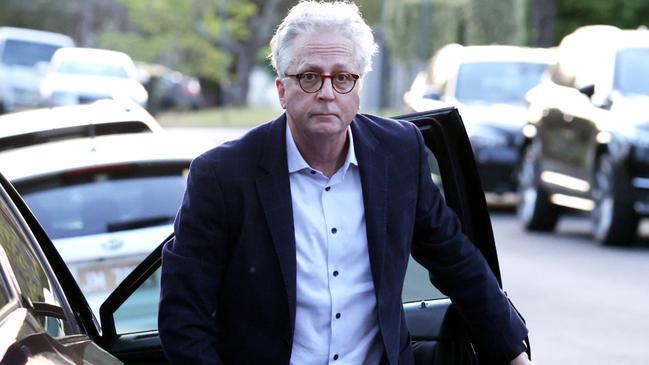
University of Sydney vice-chancellor Mark Scott allegedly behaved in a “dismissive, arrogant and condescending” way – for which his chief of staff later apologised – towards Jewish leaders in a meeting to discuss campus anti-Semitism, a fortnight before anti-Israel protesters set up a camp on his university’s grounds.
As Professor Scott’s concession late last week that he had “failed” Jewish students and staff on campus since the October 7 attacks led to a wave of calls for his resignation, it can now be revealed that he shocked community leaders with his alleged behaviour in a meeting back in April.
The University of Sydney has disputed the account, saying while the meeting was “rushed”, “university representatives present strongly refute the characterisation of this meeting”.
However, the university did not deny that Professor Scott’s chief of staff, former Sydney Morning Herald editor-in-chief Darren Goodsir, apologised to Jewish leaders after the meeting.
The Australian is not suggesting the allegations regarding Professor Scott’s conduct are true, only that they have been made by sources who were at the meeting.
At last week’s Senate hearing into anti-Semitism at the nation’s universities, Australasian Union of Jewish Students vice-president Zachary Morris told senators that at his first meeting with Professor Scott, “his chief of staff had to apologise for his behaviour as soon as he left the office”.
He did not divulge further details when pressed.
The Australian can now reveal alleged details of that meeting – held just two weeks before the encampment protest went up – where Jewish community leaders tried to warn Professor Scott of increasing reports of anti-Semitism from Jewish students and staff.
After Professor Scott left the meeting, his chief of staff tried to assure the participants that the vice-chancellor “really did care about the issue”, sources at the meeting told The Australian.
One attendee said Professor Scott at one point during the meeting raised his voice.
“He wasn’t there to listen, he wasn’t even there to reassure … he was there to tell us that there wasn’t an issue,” the source said.
The attendee said at one point Professor Scott was questioned on the university’s management of a recent incident where Tel Aviv University officials were reportedly locked in a room with pro-Palestinian protesters for an hour and a half.
The attendee said Professor Scott then sat up in his chair and, with a raised, defensive voice, “started saying, what would you do? How would you handle this?”
Another source said Professor Scott, at “suggestions that Jewish students and staff were leaving, said he’d heard it all before … [He] just couldn’t have handled the meeting any worse.”
In the source’s view, they said “it was just indicative that (Professor Scott) wasn’t taking the issue seriously”.
The first source said Professor Scott seemed to believe that in those “anxious times … subjective perception is not necessarily in accordance with the actual reality”.
“It seemed like he had the perception that this was a right-wing media beat-up,” the source said.
“He kept on reiterating the fact that people like to attack USyd in the press … and so it was just a hit-piece on USyd and Mark Scott … [it seemed] he didn’t really consider the prospect that maybe there was actually some substance to what we were trying to put to him.”
A University of Sydney spokeswoman disputed that account.
“We have met with many Jewish students, staff and community members and at times these conversations can be demanding and complex,” the spokeswoman said.
“We regret this meeting was rushed and there was not enough time to discuss in detail the important issues raised, however university representatives present strongly refute the characterisation of this meeting and are adamant no voices were raised.
“The vice-chancellor’s office has been in contact with the Jewish community leaders present a number of times since.”
Professor Scott last Friday told a Senate committee that testimonials by Jewish staff were “heartbreaking and unacceptable, and for that I am sorry”.
When pressed by opposition education spokeswoman Sarah Henderson and senator Paul Scarr on whether this constituted failure of leadership, Professor Scott said: “Yes, I have failed them and the university has failed them.”
The Senate committee also heard from AUJS that the University of Sydney was “probably one of the worst places to be a Jewish student right now”.
Zionist Federation of Australia president Jeremy Leibler has called on Professor Scott to resign, saying he had “consistently acted in bad faith and has diminished any remaining credibility”.
On Sunday, The Australian revealed that a group of about 60 current and former University of Sydney staff have also called on Professor Scott to resign
Former University of Sydney academic Andy Smidt, speaking on behalf of the group, said there was a “general lack of confidence” that Professor Scott could repair the university’s relationship with the Jewish community.
“We need to rebuild trust, and there’s too much mistrust, too much damage.
“We don’t have confidence that Mark Scott is the guy to lead this,” she said, adding that he had been given “every opportunity to understand the perspectives of Jewish staff and students” and they had “informed him via every legitimate platform”.


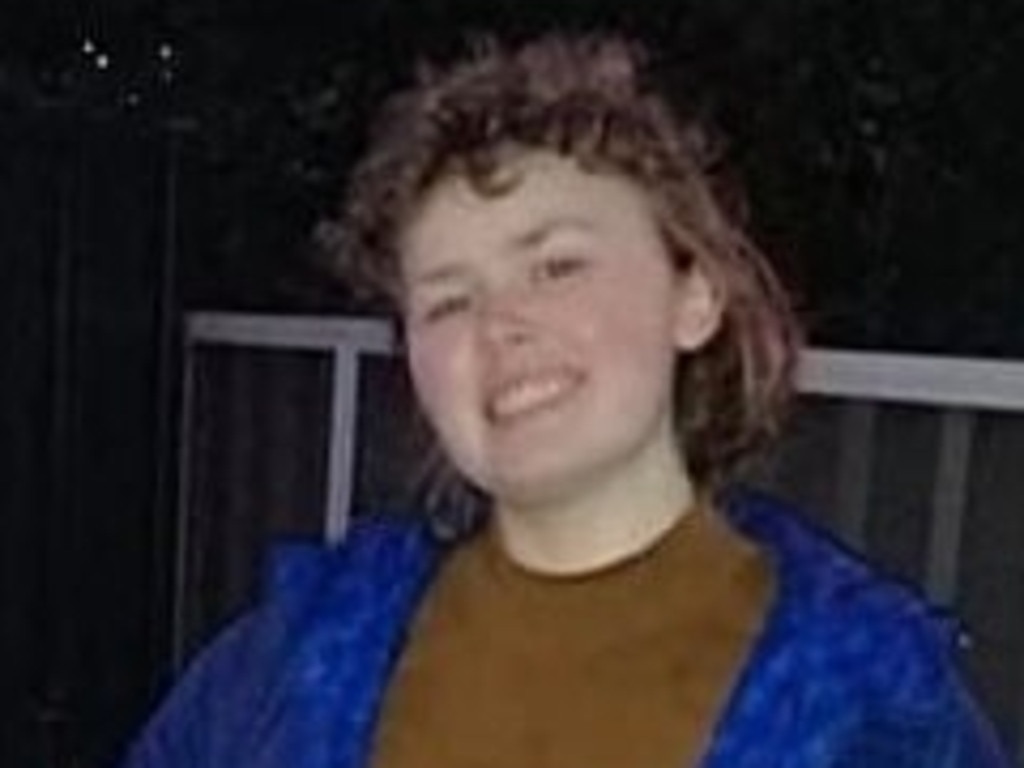

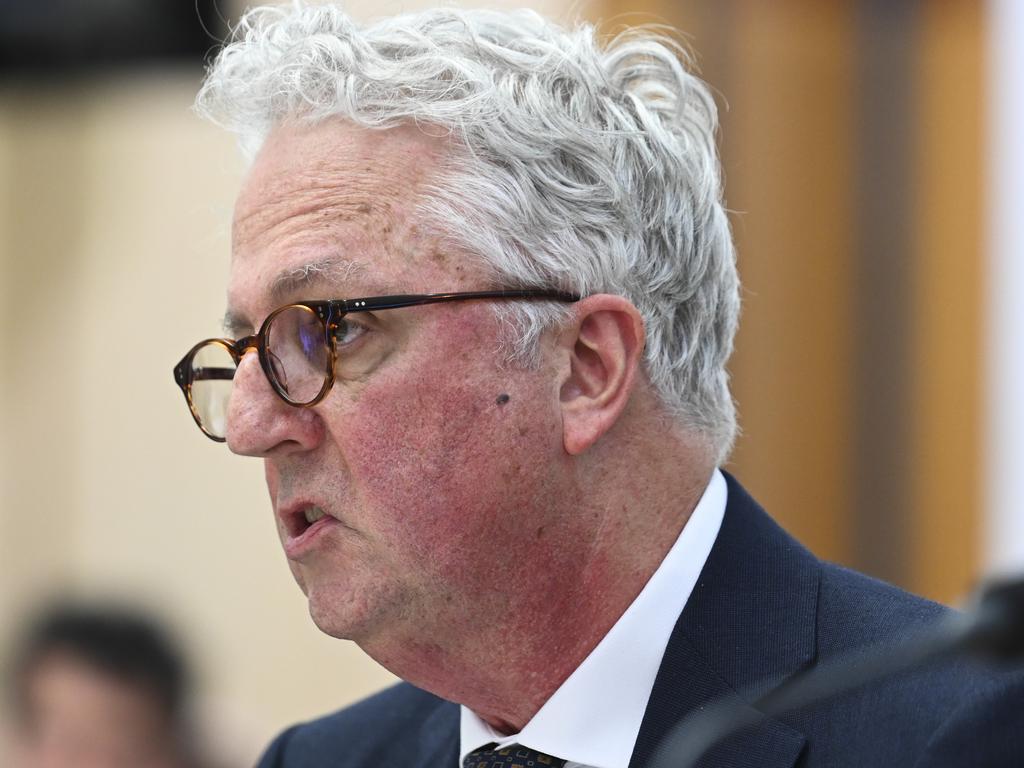
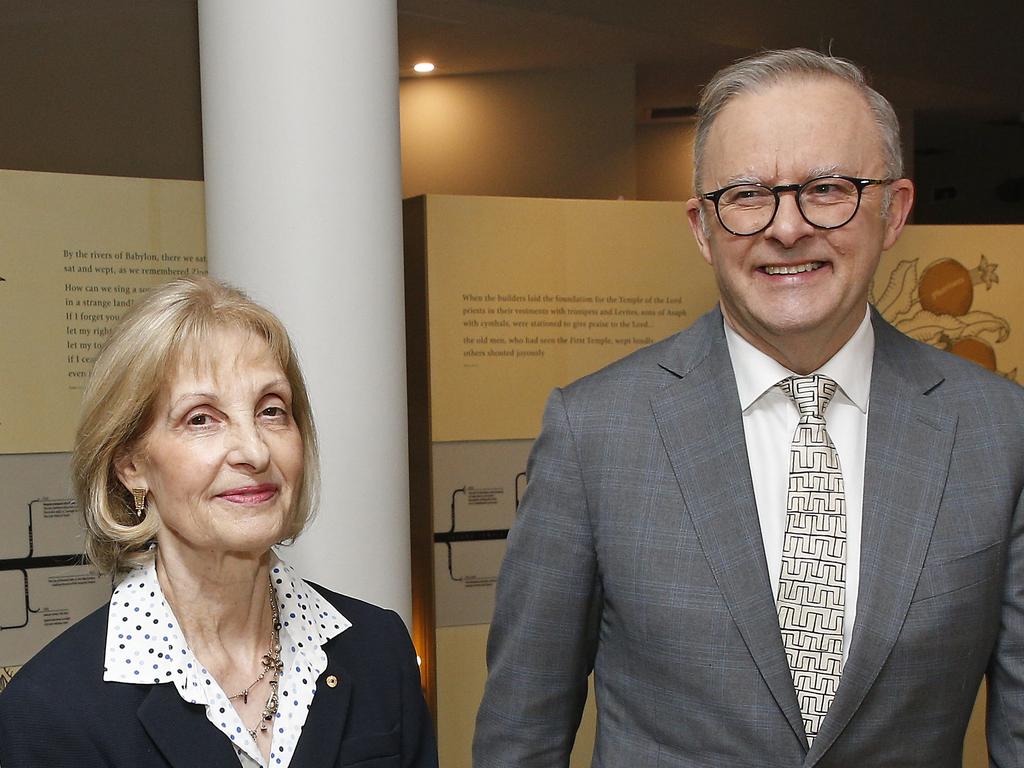
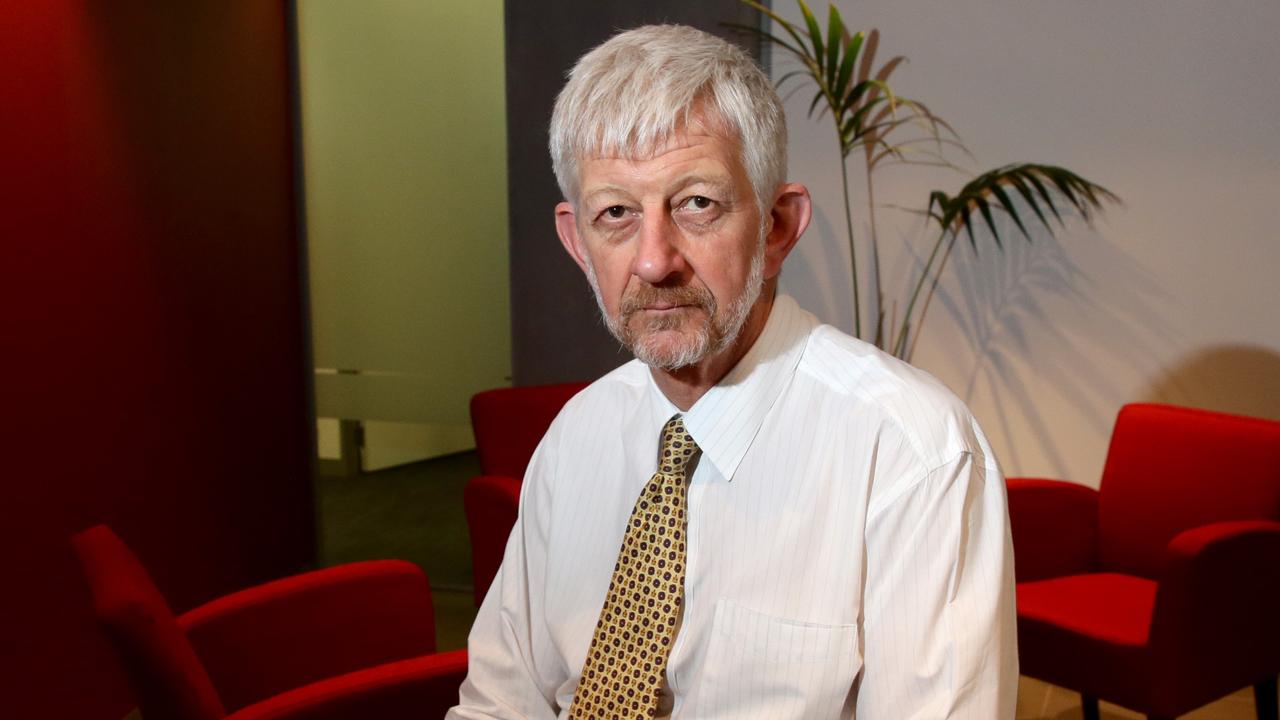

To join the conversation, please log in. Don't have an account? Register
Join the conversation, you are commenting as Logout